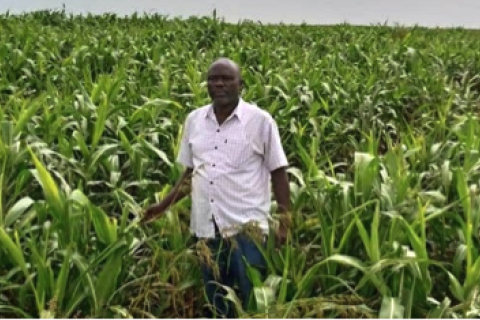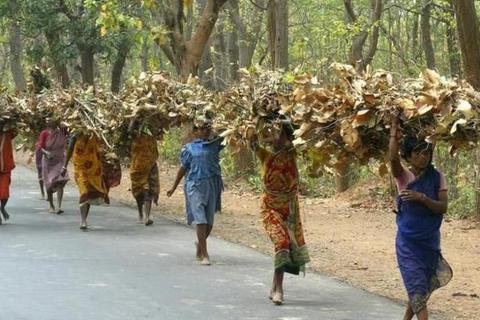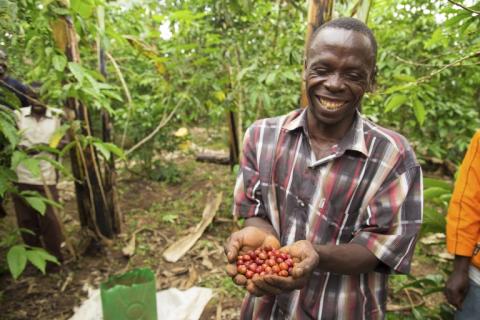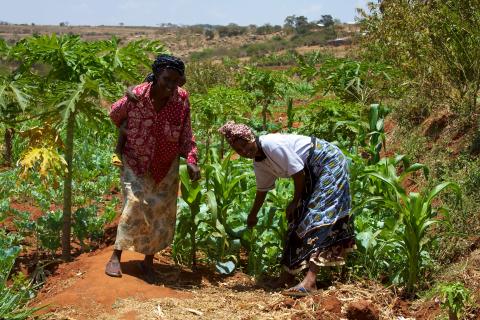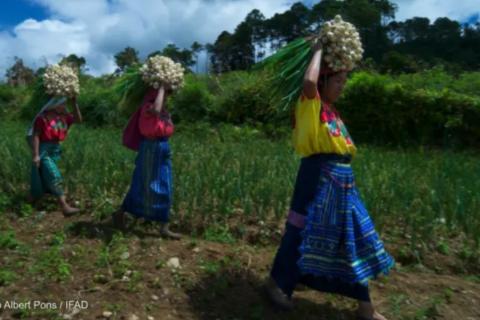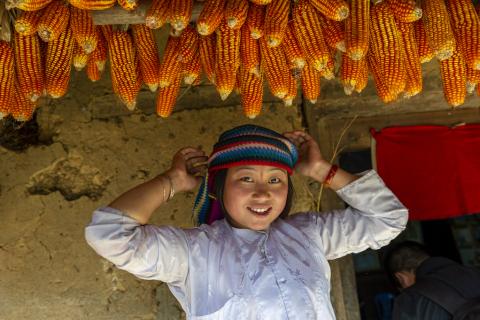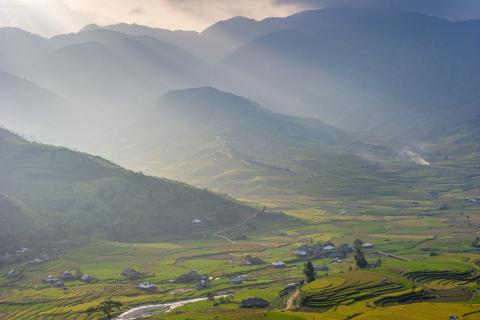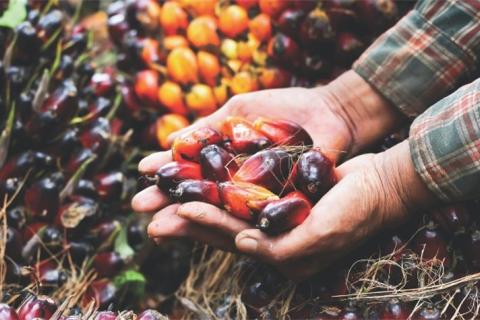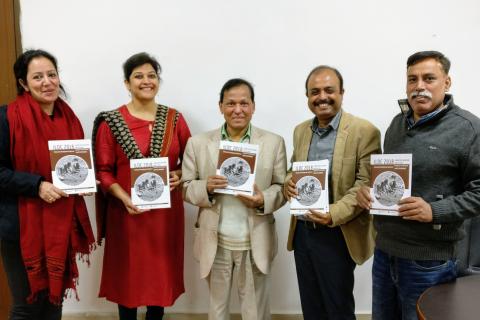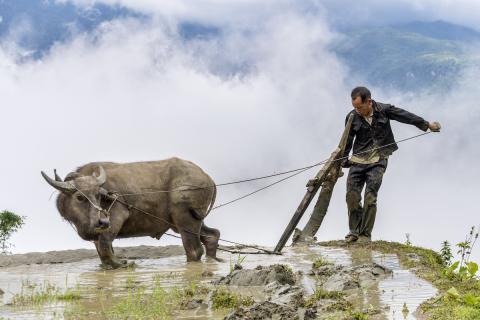Commonalities between Ethiopian smallholder farmers and agricultural investors
There are 278 smallholder farmers in Selama Kebele in the Benishangul-Gumuz Region of western Ethiopia. On average, these farmers own 2 - 10 hectares of land. Smallholder farmer Abdulahi Mohammod, age 48, is one of them. To provide for his thirteen children and two wives, he cultivates 6 hectares of crops which include corn, sorghum, soybean and red peppers. With the earnings derived from his land he is able to meet his family’s basic needs, which includes paying school fees for seven of his children.

